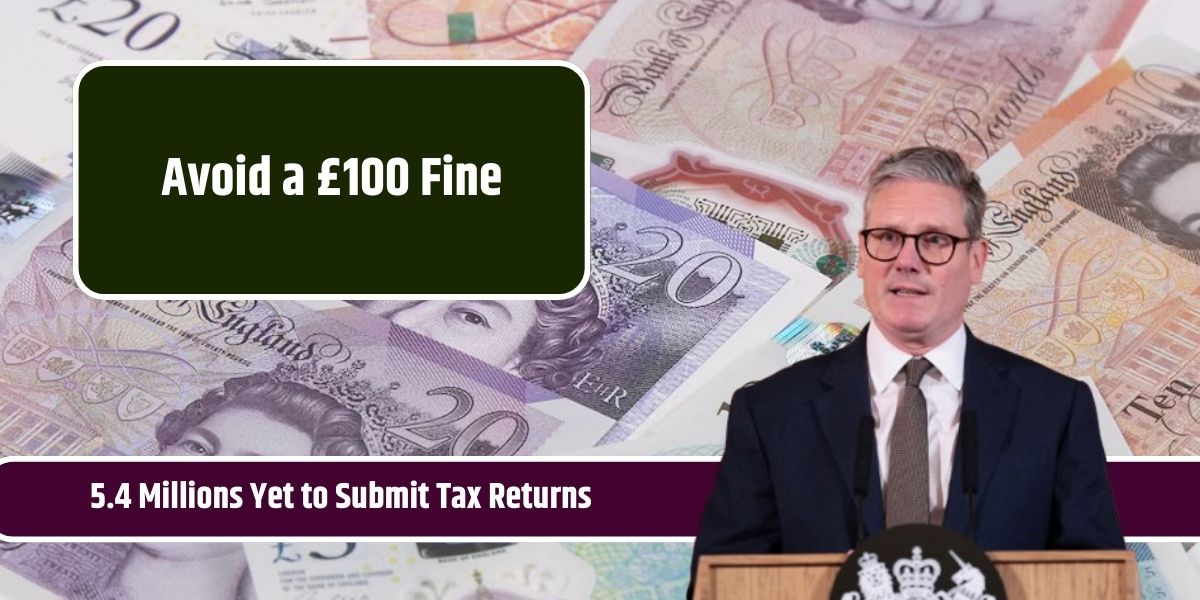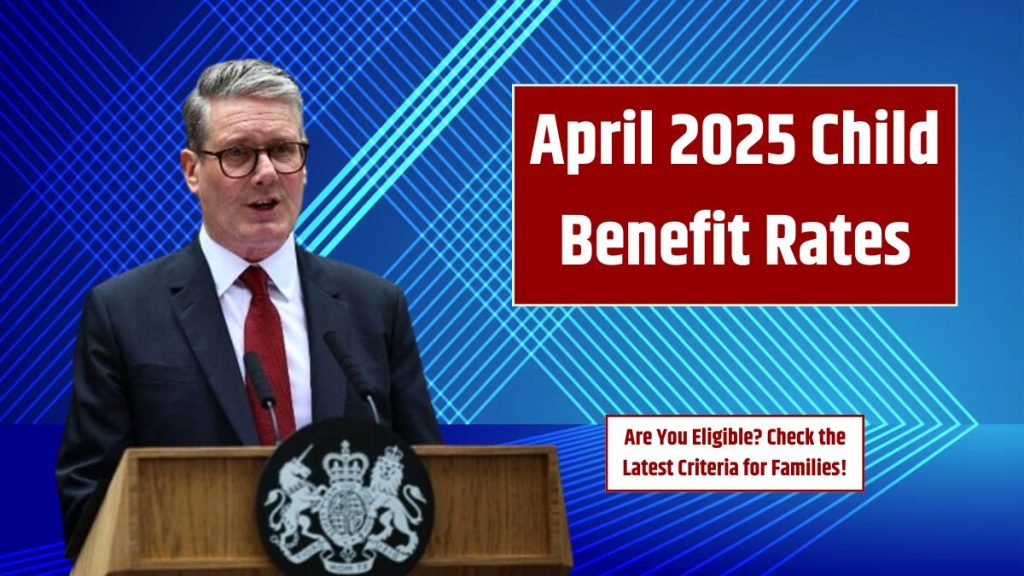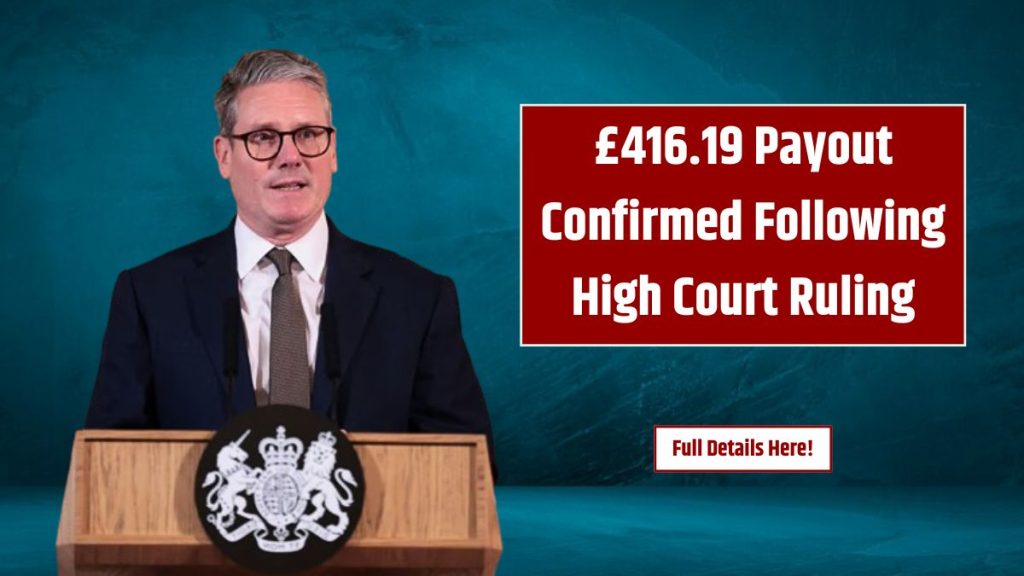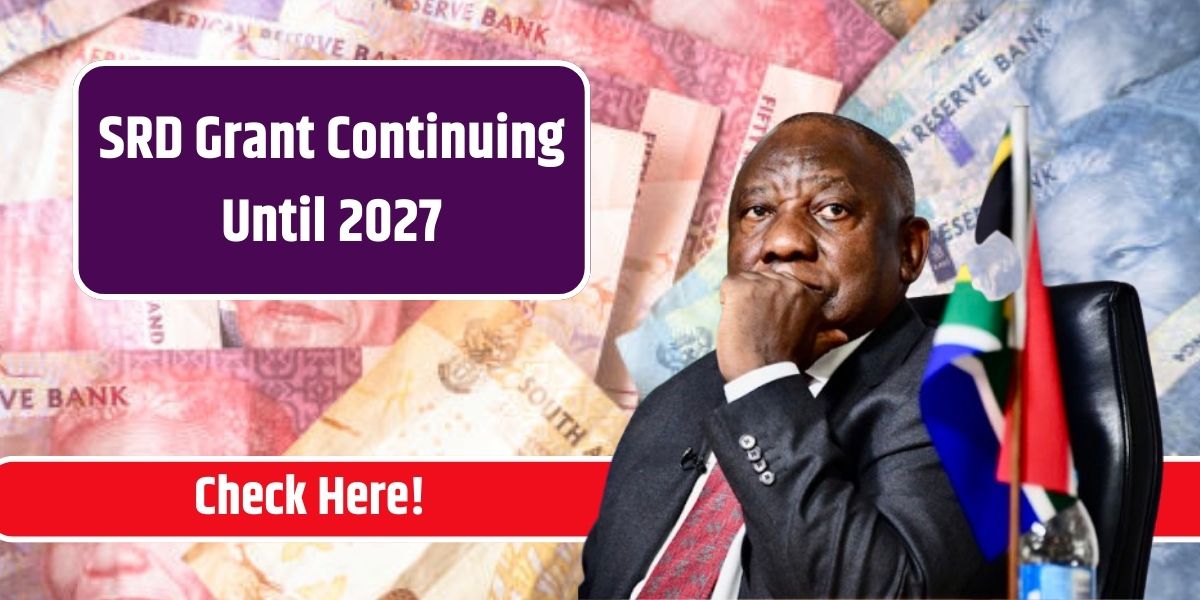The deadline for filing your HM Revenue and Customs (HMRC) self-assessment tax return for the 2023/24 tax year is approaching quickly. To avoid unnecessary fines, it’s essential to understand whether you need to file a return, the associated penalties for missing the deadline, and key updates, particularly for Child Benefit claimants. Let’s break it down.
Who Needs to File a Self-Assessment Tax Return?
Not everyone needs to file a self-assessment tax return, but the following groups are required to submit one:
- Self-employed individuals: Anyone earning income outside of PAYE employment.
- Those with additional income sources: For example, rental properties, investments, or dividends.
- High-income Child Benefit claimants: If you or your partner earned over £50,000 in the 2023/24 tax year.
- Recipients of untaxed income: This includes freelancers, contractors, or workers in the gig economy.
If you fall into any of these categories, submitting your tax return is mandatory.
Understanding the High-Income Child Benefit Charge (HICBC)
Claimants of Child Benefit need to be aware of the High Income Child Benefit Charge (HICBC), which applies if either you or your partner earns over £50,000.
- Income between £50,000 and £60,000: You’ll gradually lose a portion of your Child Benefit.
- Income exceeding £60,000: You’ll lose all your Child Benefit entitlement.
- Partners with different incomes: If your partner earns over £50,000 but you earn less, they must include the Child Benefit on their tax return.
Important Update: For the 2024/25 tax year, the HICBC threshold will rise to £60,000. However, for this year’s return (2023/24), the threshold remains at £50,000.
Key Dates and Penalties for Late Filing
To avoid fines, it’s critical to file your tax return by midnight on January 31, 2025. Missing this deadline can result in penalties, which increase the longer you delay.
| Delay Period | Penalty |
|---|---|
| Missed Deadline (Feb 1) | £100 fixed penalty |
| 3 Months Late | £10 per day (up to £900) |
| 6 Months Late | 5% of tax due or £300 (whichever is greater) |
| 12 Months Late | Another 5% of tax due or £300 (whichever is greater) |
These penalties can accumulate quickly, so timely filing is essential to avoid unnecessary costs.
How to File Your Self-Assessment Tax Return
To complete your self-assessment tax return, follow these steps:
- Log in to HMRC’s online portal at gov.uk.
- Collect your financial documents, such as P60s, P45s, and records of additional income.
- Complete the self-assessment form with accurate income and deduction details.
- Check for tax reliefs or deductions to reduce your liability.
- Submit the return before the deadline.
If you are filing for the first time, ensure you register for self-assessment with HMRC before attempting to file.
Filing your tax return ahead of the January 31, 2025, deadline is crucial to avoid penalties and reduce stress. This is particularly important for Child Benefit claimants earning over £50,000, who must declare their income to comply with HICBC requirements.
What happens if I miss the self-assessment deadline?
You will face a £100 fine immediately after February 1, 2025, with additional daily and percentage-based penalties accruing over time.
Do I need to file if I’m employed and only earn through PAYE?
No, unless you have other sources of income or meet specific conditions, such as earning over £50,000 while claiming Child Benefit.
What is the HICBC threshold for this tax year?
The threshold for 2023/24 is £50,000. It will increase to £60,000 for the 2024/25 tax year.










